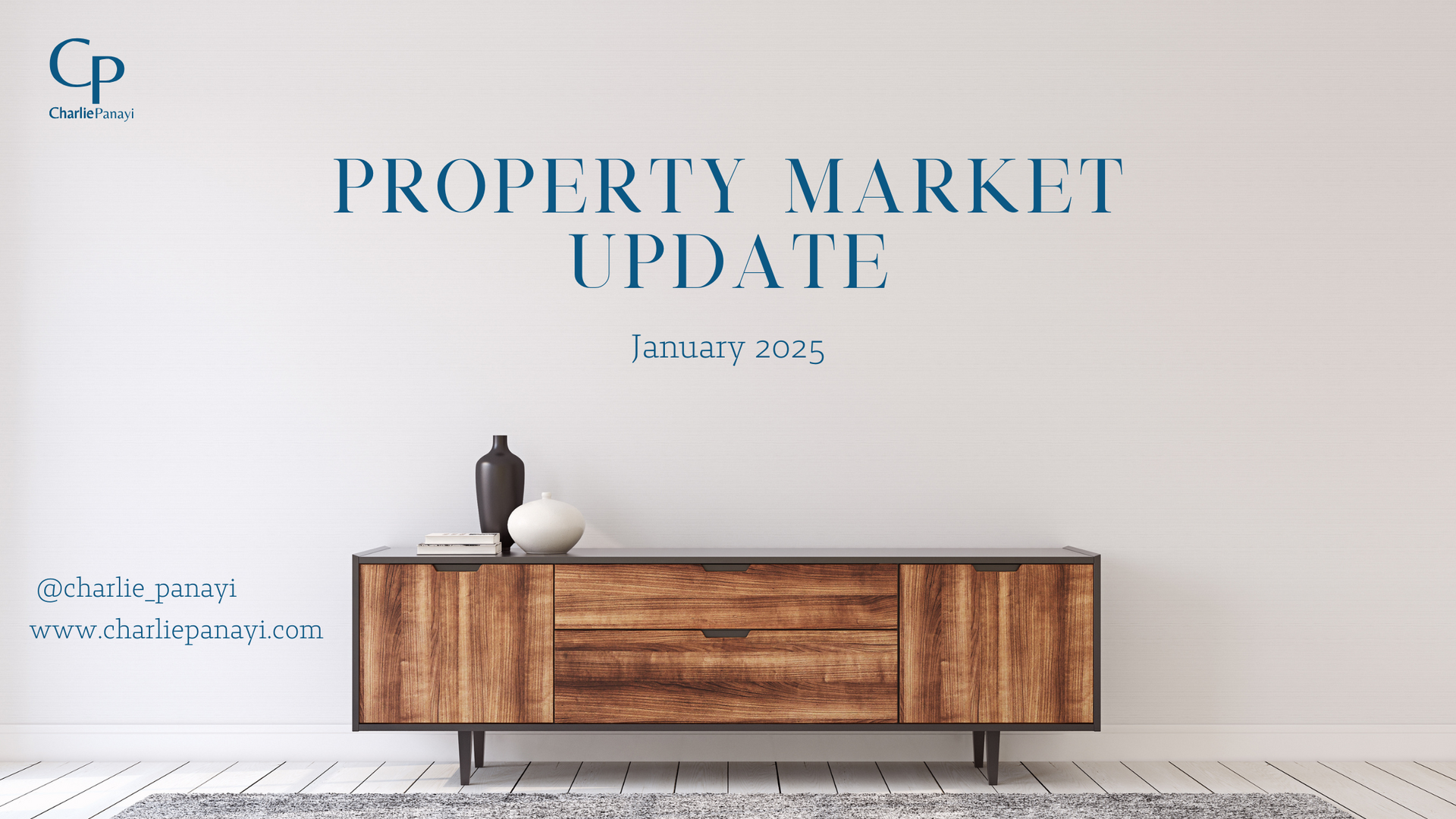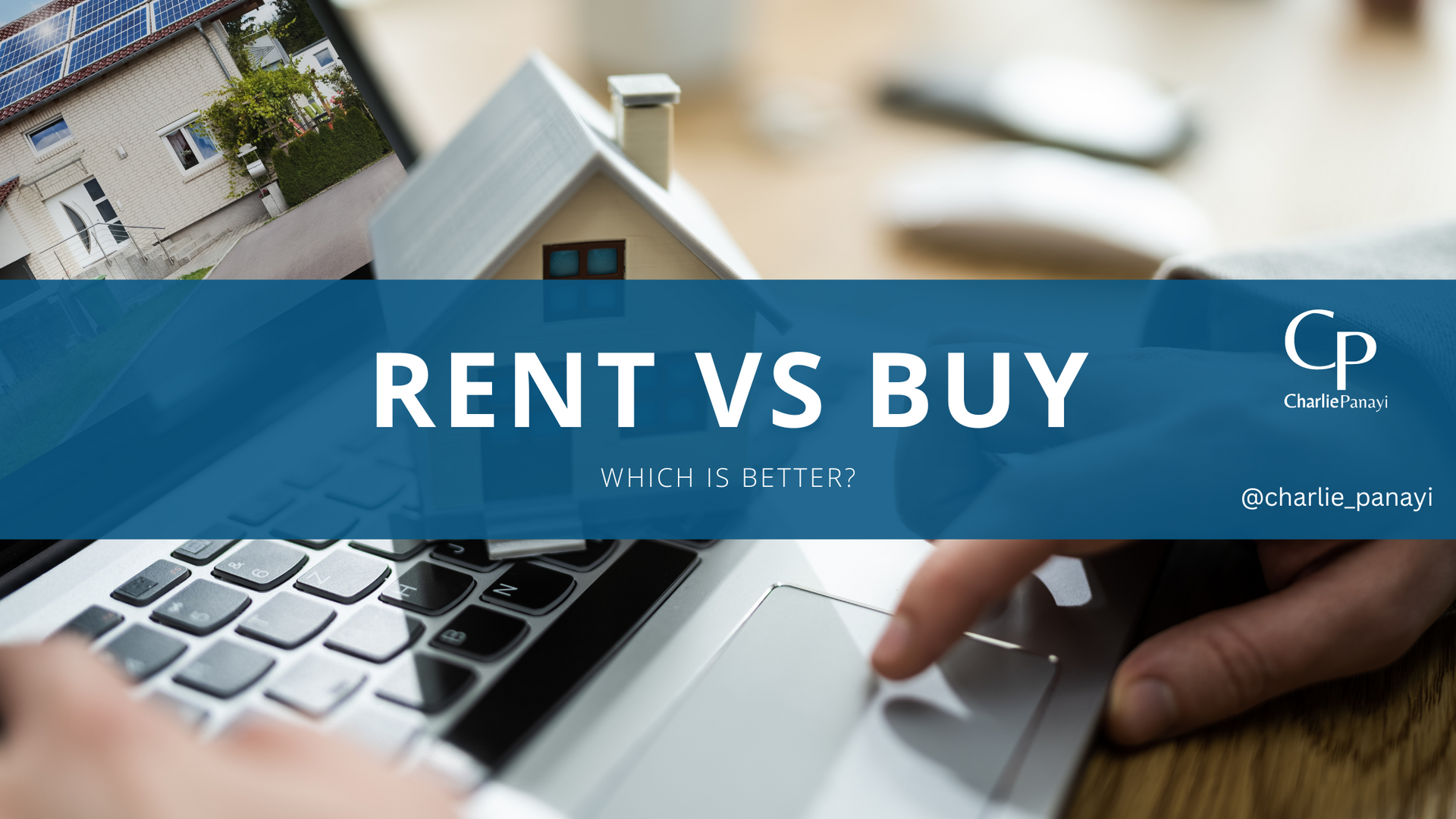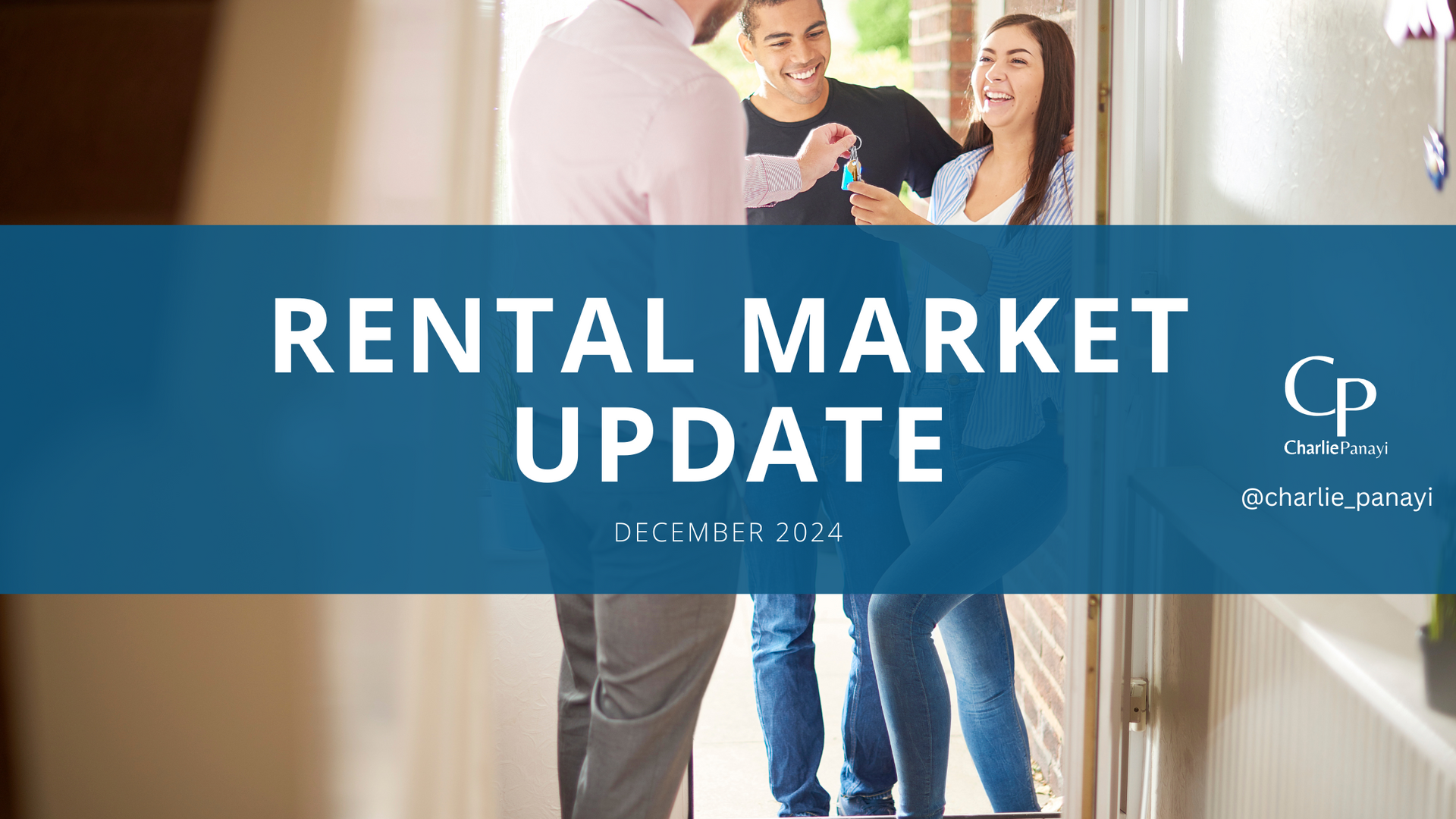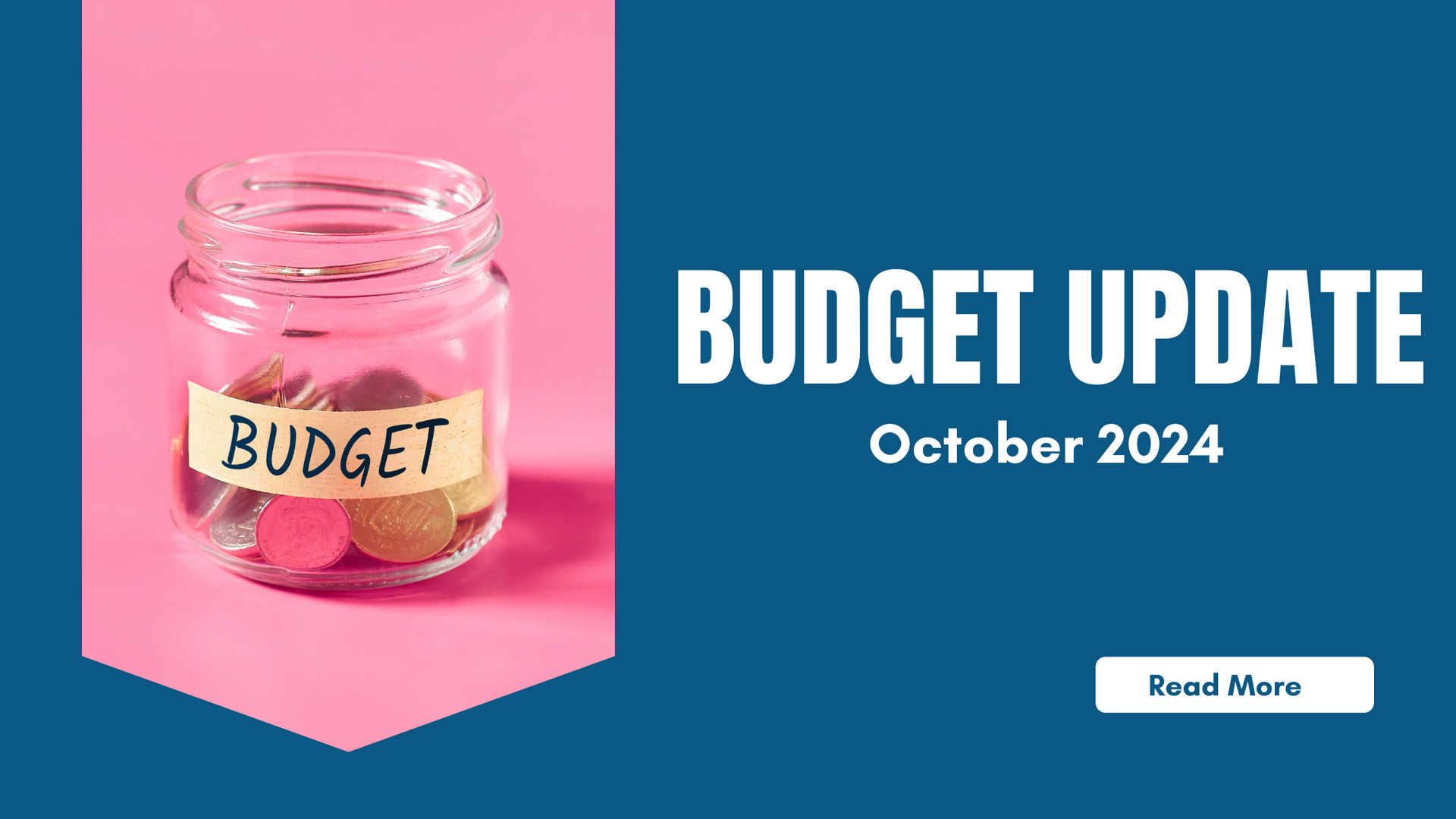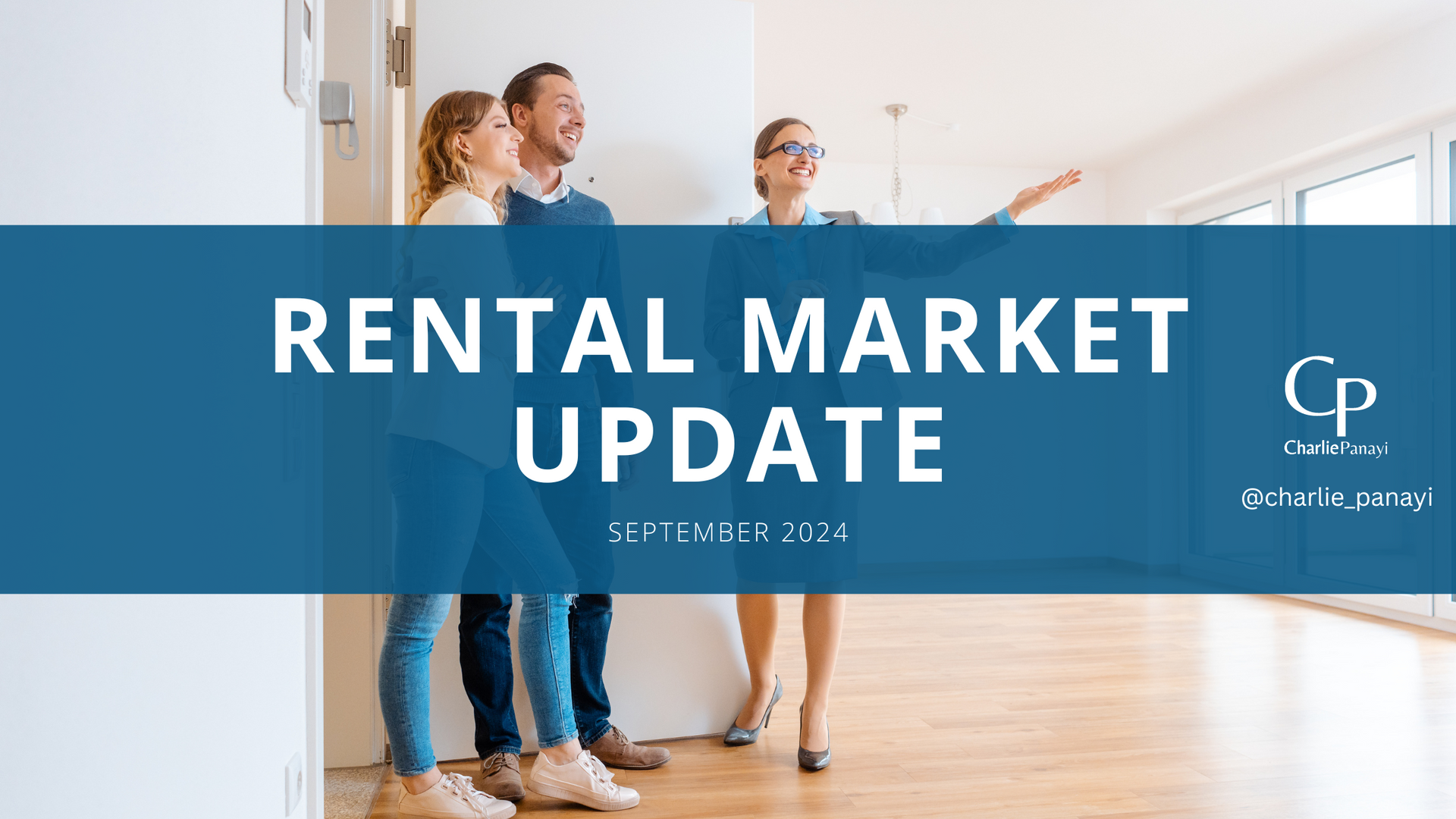It’s the question that never seems to go away—should you rent or buy? While some people have a clear answer, others get stuck in the middle, weighed down by financial calculations, lifestyle goals, and long-term plans. Alongside 'pretend' experts giving views on social media! I get it—this decision can be confusing. Let’s dive into the pros and cons of each to help make things clearer.
The Case for Buying
For a lot of people, buying a home is about more than just having a roof over your head. It’s about stability, investment, and having a place that’s truly your own. Here’s why home-ownership could be the right call:
- Building Equity: When you buy, you’re not just paying for a place to live—you’re building equity in an asset that could grow in value. Over time, as you pay down your mortgage, you’re investing in your future.
- Control Over Your Space: As a homeowner, you’ve got full control. Want to paint your walls bright yellow or knock down that dividing wall? Go for it! It’s your space, and you can do what you like without needing a landlord’s approval.
- Long-Term Stability: Owning a home often means planting roots. It can give you a sense of belonging and security, especially if you’re looking to settle in a specific area or raise a family. There’s something comforting about knowing you don’t have to move if the landlord decides to sell.
The Case for Renting
On the flip side, renting can be a much smarter option depending on where you’re at in life. It offers flexibility and fewer responsibilities, which can be a huge plus in certain situations:
- Flexibility and Freedom: If you’re not ready to settle down, renting can be perfect. You can move around, switch neighborhoods, or even cities, with far less hassle than selling a house.
- Lower Upfront Costs: Buying a home means coming up with a down payment, covering closing costs, and paying for inspections, repairs, and taxes. Renting, on the other hand, usually just requires a deposit and your first month’s rent. It’s a much smaller financial commitment.
- Less Responsibility: When you rent, you don’t have to worry about maintenance. If the boiler breaks or the roof leaks, that’s your landlord’s problem. This can save you a lot of time and stress, and it means you can focus on the things that matter to you.
Renting as a Lifestyle Choice
For some, renting isn’t just about finances—it’s a lifestyle. People who value flexibility, travel, or location independence might find renting suits them better. Take rent-to-rent, for example, where you can manage rental properties without owning them. Or maybe you’d rather live in holiday rentals and move around as you please, making income without tying yourself down with a mortgage.
So, what’s the final answer?
Well, it all depends on what you want. Buying a home can give you stability and a long-term investment, but it’s not without its responsibilities. Renting, on the other hand, offers flexibility and freedom but doesn’t build wealth in the same way.
Ultimately, the choice comes down to your financial situation, lifestyle, and goals. There’s no one-size-fits-all answer, but the key is to weigh up your options and make the choice that fits your life right now—and where you want to go.
Want to talk more about property? Reach out to me on www.charliepanayi.com to see how I can help you

